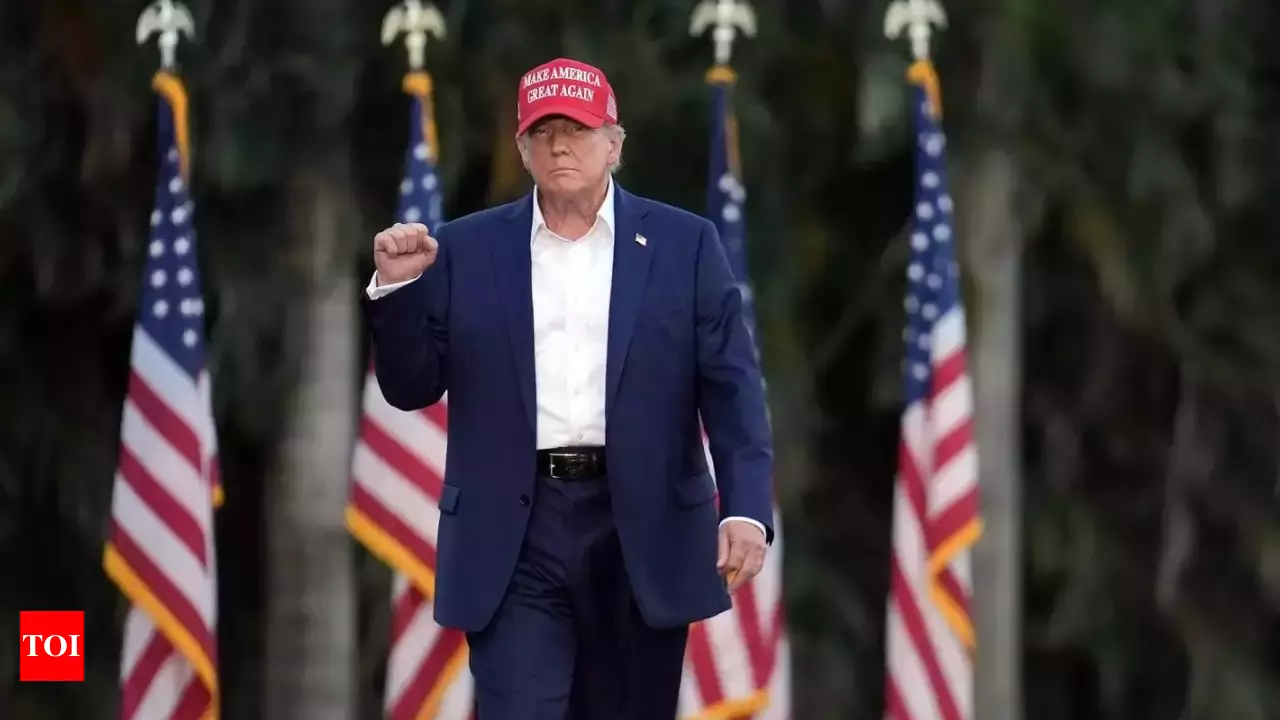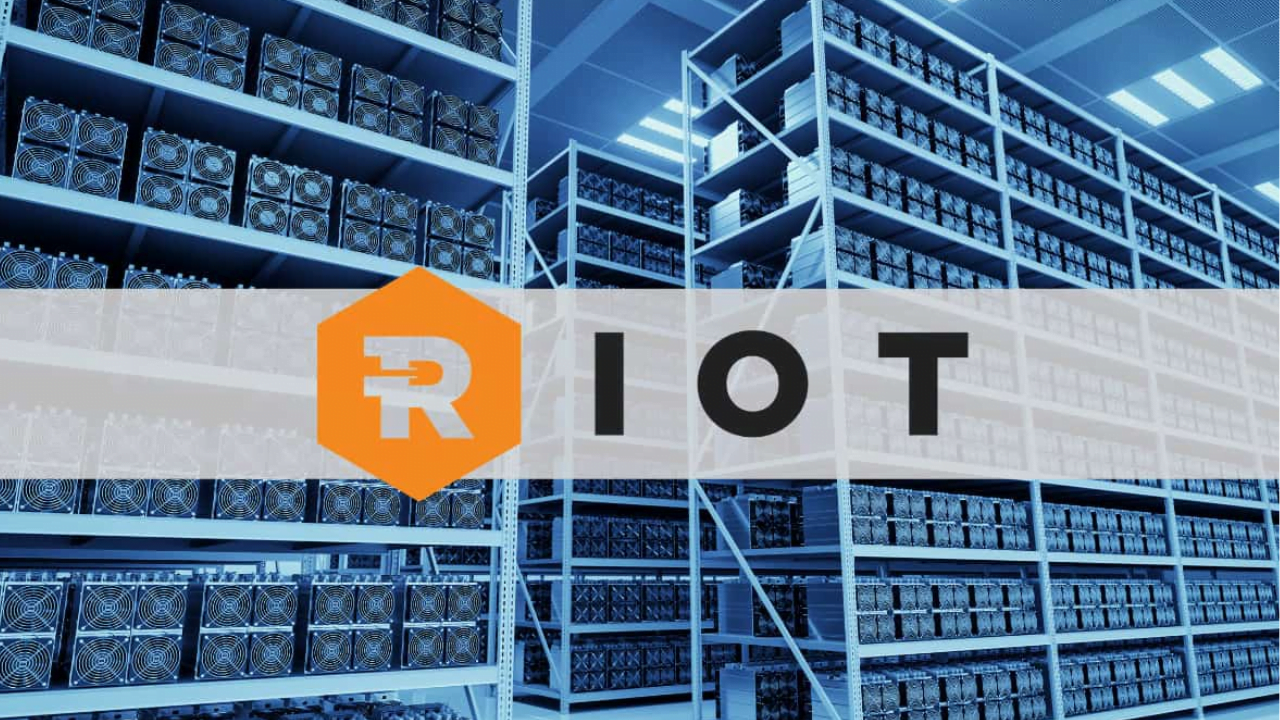In a recent announcement, the Indian Finance Minister, Nirmala Sitharaman, said that taxing income from cryptocurrency investments and other virtual assets must not be seen as a step in legitimizing such transactions. Rather, it is a means to check the source and trail of such transactions.
“We haven’t said that this is currency. We haven’t said that this has intrinsic value, but certain operations are taxable for the sovereign and that is why we have taxed,” PTI quoted Sitharaman as saying at a high-level panel discussion organized by the International Monetary Fund (IMF).
The Minister further continued, “We did announce that on the income that was generated out of the transactions of these crypto assets will be taxed at 30 per cent and over and above that, there is a 1 per cent tax deduction at source which is also imposed on every transaction. So, through that we will be able to know who’s buying and who’s selling it.”
The Finance Minister also talked about the global regulation of cryptocurrencies to tackle the risks on money laundering and terror-funding. In this discussion, Sitharaman said that non-governmental activity of crypto transactions via un-hosted wallets will also be tracked. However, she did contemplate that cross-border payments between countries will become seamless via the central banks-led digital currencies.
She said to PTI, “The risk which worries me more on the non-governmental domain is essentially you’re looking at unhosted wallets across the borders, across the globe… So, regulation cannot be done by a single country within its terrain through some effective method and for doing it across the borders, technology doesn’t have a solution which will be acceptable to various sovereigns at the same time applicable within each of the territory.”
During the panel discussion on, ‘Money at a Crossroad: Public or Private Digital Money’, Sitharaman also talked around how these crypto risks must be differentially approached depending on the use case and country’s economy. She stressed on how this regulation needs to be stringent, adept, and nimble to track all activities and not miss anything of importance. She pointed out that unless all countries unite under the crypto regulation procedures, there will be imminent risk of money laundering.
“I harp on that very much because I think the biggest risk for all countries across the board will be on the money laundering aspect, and also on the aspect of currency being used for financing terror,” she remarked.
The Union Budget for2022-23 proposed a 30% tax on income made from crypto assets to be effective from April 1, 2022, and also imposed a 1% TDS on crypto transfers. When asked about the Central Bank Digital Currency (CBDC), Sitharaman said it will happen sometime in 2022.








